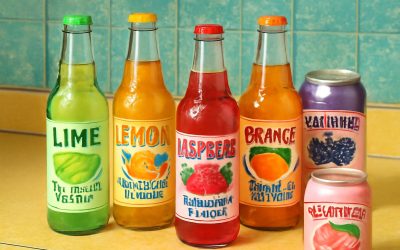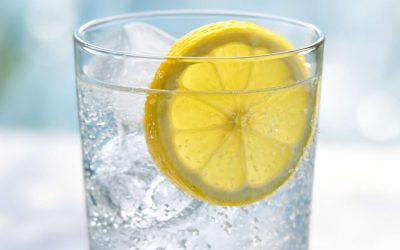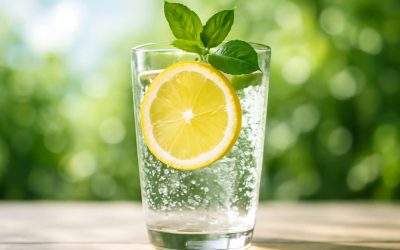
Boosting energy, aiding weight loss, preventing cancer—the claims about alkaline water (water with a higher pH level than the 6.5-7.5 of most tap and bottled water) are getting more attention than ever. The beverage isn’t just popping up at specialty health stores; it’s even available from major retailers like Costco. Alkaline water is backed by a host of celebrity advocates, including Beyonce and Tom Brady. But does this high-pH water really work?
There’s no scientific evidence that drinking alkaline water does any of the things it’s touted to do. A handful of small studies have shown that it may have some benefits, but they aren’t conclusive. One study found that water with a pH of 8.8 may help soothe acid reflux because it kills pepsin, an enzyme involved in breaking down proteins in the stomach. Another found that the water reduces blood viscosity, which helps oxygen travel more easily to muscles and other tissues after a workout.
But these studies have serious limitations. The first is that they look at just a small number of people—38 to be exact. “I’m not sure you can draw any conclusions about a population-wide effect from this kind of research,” says Gans. In addition, the benefits seen in these studies are often very specific to particular conditions and situations. For example, the 2012 study that found alkaline water may ease acid reflux actually looked at in vitro samples of pepsin, not human subjects.
One of the biggest concerns is that the water can disrupt your body’s natural balance between acids and bases. “Drinking too much of it can cause a disruption in the pH levels in your blood,” says Gans. This can cause nausea, confusion, tremors and tingling in the hands and feet—a condition called metabolic alkalosis. This can be dangerous for the elderly or people with certain kidney problems, so if you’re interested in trying it, talk to your doctor first to make sure it’s safe for you.
It’s also important to note that the water may actually cause mineral deficiencies if you drink too much of it. That’s because the water is often produced by ionizing regular water—a process that can leave behind traces of metals. If you have a sensitivity to these metals, you might experience tingling and other unpleasant side effects. You can avoid this by using a water filtration system that removes these contaminants. You can also make your own alkaline water at home by blending filtered water with lemon juice or lime juice, then adding baking soda to raise the pH. To test the pH of your own water, you can buy a kit that comes with pH strips and a color chart. You’ll want to aim for a reading of 7.8 or above. Water with a lower pH could indicate that it’s too acidic and needs to be filtered or drunk more slowly. A kit can be found at most grocery stores and health food stores.



0 Comments